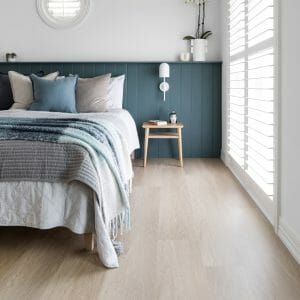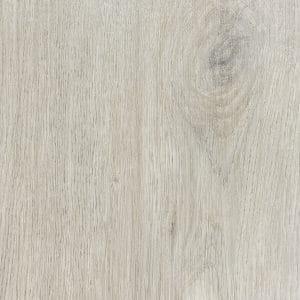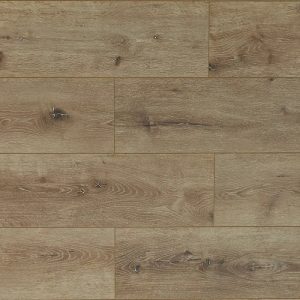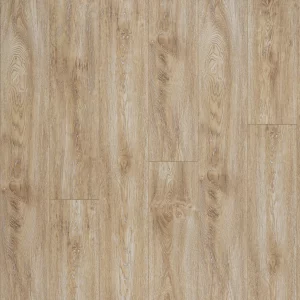
Free Measure & Quote
We bring our mobile showrooms directly to the comfort of your home
Enter your postcode to find your local Beare Flooring specialist, choose a date & time that suits – it’s that easy!
Fact Checked
Experience Based
Published on June 29, 2023.
How do I choose between Laminate and LVP?
Laminate Flooring and Vinyl Planking also known as (LVP – Luxury Vinyl Planks) are two popular options for homeowners looking to update their flooring. While they may seem similar at first glance and often achieve a similar aesthetic, there are a few key differences between the two that can help you decide which one is the best fit for your home.
Let’s discuss what we know about each product…
Laminate Flooring is constructed of multiple layers of synthetic material that are fused together under high pressure. The top layer is a photograph of wood grain, stone, or other natural material, while the bottom layers are made of fibreboard or other composite materials. Laminate flooring is known for its durability and resistance to scratches and stains, as well as its low maintenance and relatively low cost compared to natural wood or stone.
Vinyl flooring, on the other hand, is made from a single layer of PVC (polyvinyl chloride) plastic, which is a synthetic material that is flexible and extremely durable. Vinyl flooring is available in a wide range of colours and patterns, including those that mimic the look of wood or stone. Due to the product LVP is constructed of it is also waterproof, making it a popular choice for kitchens and bathrooms as spills are easily cleaned away.
One of the main differences between laminate and vinyl flooring is their installation process. Laminate flooring is usually installed as a floating floor, meaning that it is not attached to the subfloor and can be easily removed or replaced. Vinyl flooring, on the other hand, can be either glued down or installed as a floating floor. Glued-down vinyl flooring is more permanent and may be more difficult to remove or replace, while floating vinyl flooring can be easily removed or replaced.
Another key difference between laminate and vinyl flooring is their lifespan. A good quality Laminate flooring is generally longer lasting than vinyl flooring, with some high-quality products lasting up to 25 years or more. However, the product due to its fibreboard backing is not waterproof, which can mean that if an accident occurs in the home liquid can damage the boards significantly which can lead to warping and bowing ultimately meaning the product needs to be replaced. Vinyl flooring, on the other hand, typically lasts around 10-20 years before it needs to be replaced and is a waterproof product meaning the product in our opinion by far outlasts Laminate flooring because of this.
In terms of cost, both laminate and vinyl flooring are generally more affordable than natural wood or stone flooring. Laminate flooring tends to be slightly more expensive than vinyl flooring, but the difference in price is often not significant.
When it comes to deciding between laminate and vinyl flooring, it’s important to consider your budget, the level of durability you need, and the look you want to achieve in your home. Both types of flooring have their pros and cons, and the best choice will depend on your specific needs and preferences our team of flooring specialists can discuss this further with you in our FREE no obligation in home measure & quote.
– Team Beare




It’s incredibly easy to organise your complimentary measure and quote at a time that suits you. Our flooring specialists will bring our range of samples to your home and provide you with the friendly expert advice you need to make the perfect selection.
Book in your no-obligation measure and quote today.

We bring our mobile showrooms directly to the comfort of your home
Enter your postcode to find your local Beare Flooring specialist, choose a date & time that suits – it’s that easy!
Unsure on if you want to book a free in home consultation yet? That’s ok, give us a call to chat.
Want to speak to someone before confirming your appointment?